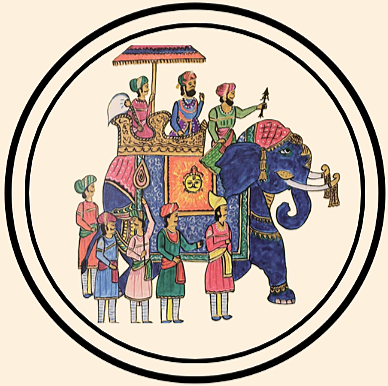The Joys of Teaching
Teaching is one of the great privileges in life. As an Associate Professor of Ophthalmology, mentoring the next generation is not simply about training competent physicians—it is about shaping curious minds, thoughtful clinicians, and future leaders. Over my career, I’ve had the honor of graduating 35 ophthalmology residents, each carrying forward knowledge, values, and perspective we hope to instill.
When I began my journey in medical education, I thought of teaching primarily as passing on information. But over the years I’ve learned it’s far deeper than that—it’s about sparking curiosity, modeling integrity, and creating a safe space where questions are as valuable as answers. The true joy lies in the moments when a resident suddenly “sees” something they hadn’t before: a clinical subtlety, a surgical step, or simply the importance of sitting a little longer with a patient.
Teaching medicine today is very different from the old apprenticeship system. Once upon a time, knowledge was absorbed by shadowing mentors or by watching surgeries in grand theaters filled with students. Now, medical education is structured, fast-paced, and constantly evolving. Written and verbal feedback flows both ways—from mentor to trainee, but also from trainee to mentor. This reciprocity, though demanding, pushes me to continually grow.
Nowhere is this mutual trust more profound than in the operating room. Teaching delicate surgeries like cataract and glaucoma procedures requires patience and intuition: knowing when to guide a resident’s hand, when to step in, and when to let them discover their own rhythm. Postoperative care adds another dimension—reinforcing clinical judgment, responsibility, and empathy.
Layered onto this are modern challenges. Our residents learn medicine in an era of digital transparency. Patient reviews, online ratings, and social media all influence expectations in ways that never existed before. At the same time, new technologies like artificial intelligence are reshaping practice and education. Trainees must balance the timeless values of compassion with the ever-changing demands of innovation, data, and public scrutiny. And then, like all of us, they navigate broader pressures—fear of missing out, building careers, sustaining wellness. More than ever, we must teach resilience alongside skill.
And yet, despite the challenges, teaching fills me with hope. My students bring energy, perspective, and creativity that inspire me daily. They remind me of why I chose medicine in the first place—not as a fixed body of knowledge but as a lifelong practice of learning, service, and humility.
This year, I was honored to receive the title of Instructor of the Year. While an award is a meaningful milestone, the true reward is less tangible: the sparkle of recognition in a resident’s eyes, the confidence of a surgeon finding their own hands, the gratitude of a patient entrusting their care to someone still in training. These are the moments that keep me grounded.
Teaching, at its heart, is reciprocal. It refines my patience, deepens my compassion, and continually reminds me that medicine is ultimately about people—those we serve, and those we teach to carry the torch forward.
